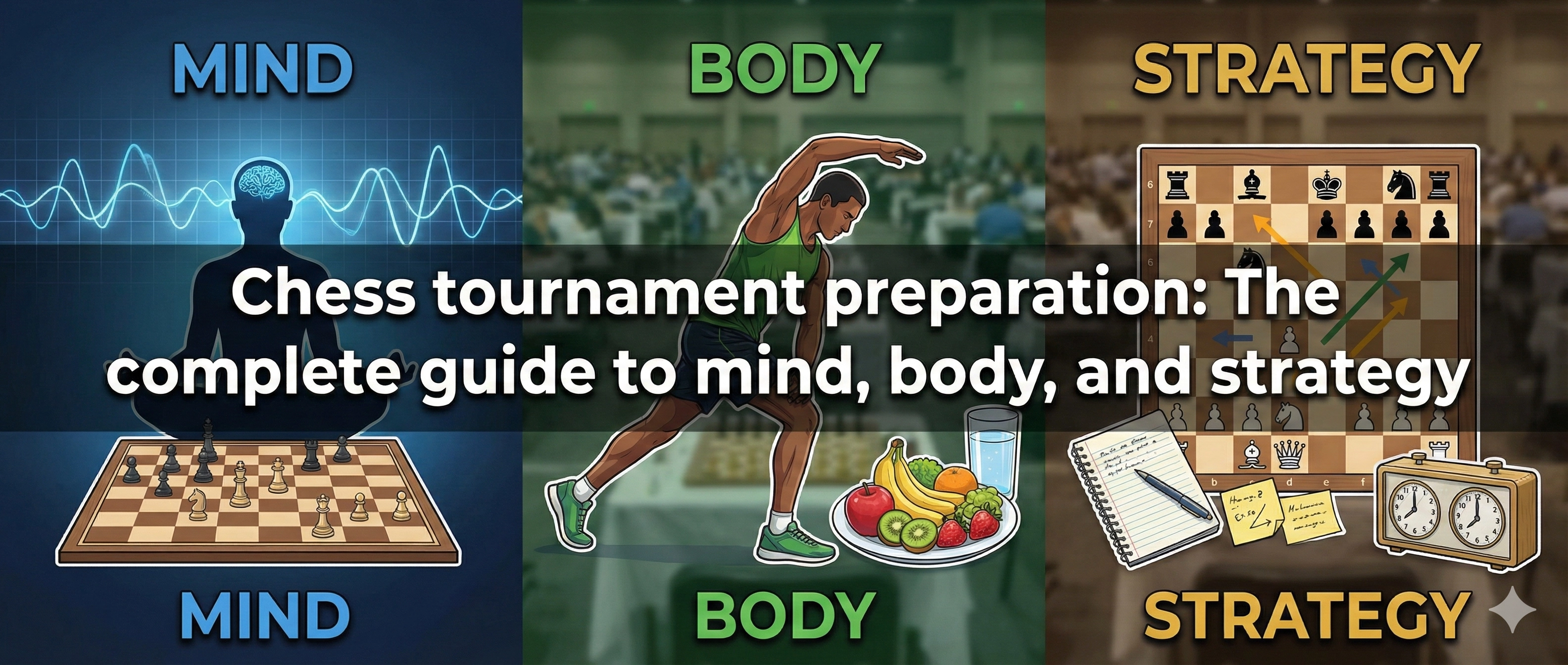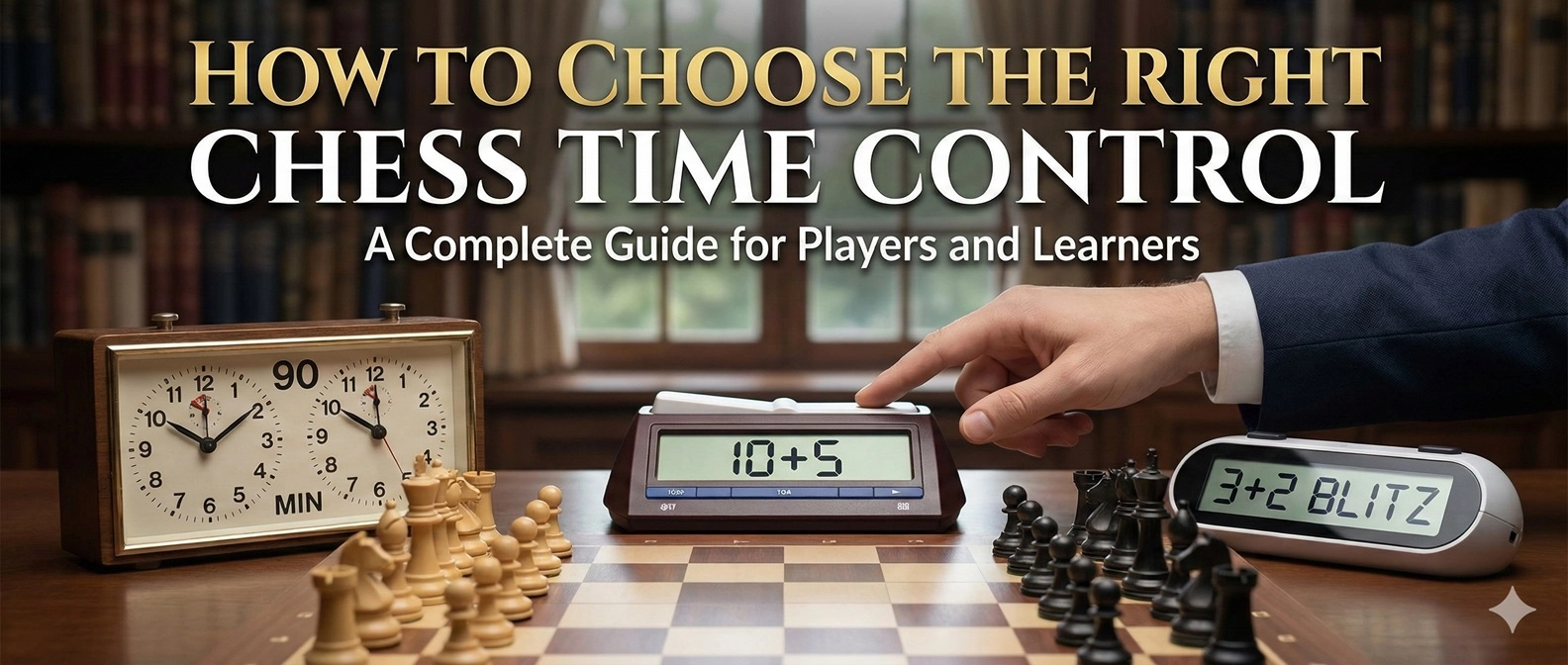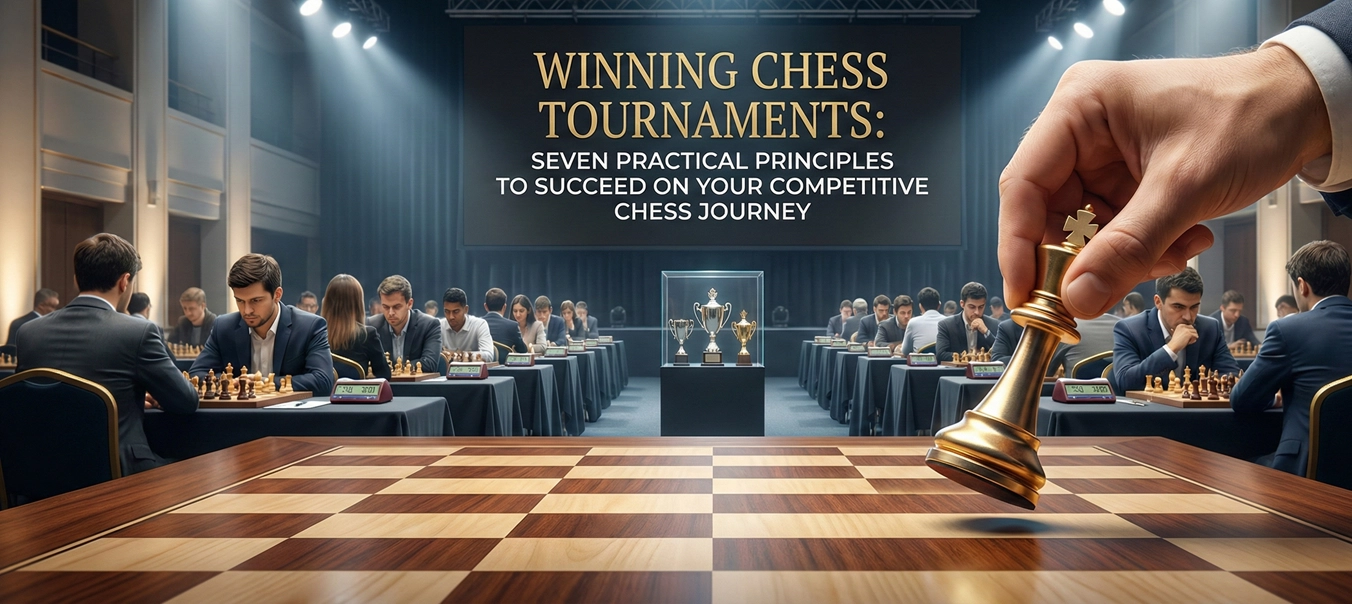You expected something like age is just a number, didn't you? Well, it would be too cliché for me to tell you this, especially when I have been playing the piano since the age of 6.
Instead, let's start with a lived experience of mine. Linda Johnson (38), a successful investment banker from New York and loving mother of 2 youngsters, suddenly rekindled her childhood dream of becoming a pianist when the pandemic started.
As expected, everybody, including herself, thought that it was too late to start learning something new. Now, let's jump two years forward, and she just played her first gig in Carnegie Hall last week.
Surprisingly, when I asked her, mesmerized by the performance, she said that all it took was the will to learn and dedication for playing such a beautiful piece.
Despite all the things you will hear about learning piano as an adult, here’s the catch: even if you are a beginner, your age is merely a barrier when you truly fall in love with the music. The sheer will to grow will sail you through the hardship.
Age is Not Just a Number
It's an Advantage The only difference (and a major one) between an adult beginner and a child beginner is that you have the love for the instrument and the conviction to learn to play it.
In most cases, children are forced into piano classes by their parents; some start to like it, while most get repulsed by it.
As an adult beginner, you get the opportunity to consciously buy a piano or keyboard, take a lesson, and self-motivate yourself to play the piano. Children have much more flexibility in their hands, and their brains are capable of learning new things faster, so they can naturally pick things up faster than an adult, 'but' only to become a trained player. On the other hand, an adult beginner can learn keyboard |
Children have much more flexibility in their hands, and their brains are capable of learning new things faster, so they can naturally pick things up faster than an adult, 'but' only to become a trained player.
On the other hand, an adult beginner can learn keyboard mindfully while also learning, playing, and overcoming the intellectual difficulties of playing the piano, which makes their learning more fruitful.
If you ever lack the motivation, think of the famous pianist and piano teacher James Rhodes, who started playing the piano at the age of 28.

Find a Teacher that Suits You
Not every pianist can be a good teacher. As you are starting late as a beginner, the most important thing is to find a good teacher for the journey. Most piano teachers focus on children.
Although you are learning the same, as you are an adult, you need to gel up with your piano teacher to learn playing in a safe environment.
I would suggest if you have any friend who has been playing the instrument for a long time or a local musician whose playing you admire and respect, gather the courage and ask them to give you lessons.
Rather than going to a music school, find a piano teacher who understands you, one who will teach you how to play by the ear, music theory, each and every chord, keys, and also sheet music.


Benefits of Learning to Play Piano as an Adult
You might have taken up your piano lessons to kill your idle time, but you will get a lot more in return.
Just like the amazing dialogue, “Life is like a box of chocolates. You never know what you're gonna get.”, the piano will offer you amazing benefits that you could never think of.

1. Brain Stimulation
How Learning Piano Reshapes Your Brain
Starting the piano as a beginner might feel challenging, but the benefits go far beyond music—it can stimulate your brain in powerful ways. Thanks to neuroplasticity, your brain adapts and strengthens as you practice.
Much like learning a new language, piano playing encourages your brain to “remap” old patterns and form new ones. Even something as simple as pressing a single chord contributes to keeping your mind sharp and youthful.
For adults, piano practice is especially rewarding because it requires precision from both hands, forcing the brain to manage rhythm, tempo, and accuracy simultaneously. This complex coordination pushes your neural and cognitive functions to grow stronger.
So, every time you sit at the piano, remember—you’re not just making music; you’re also restructuring and strengthening your brain.
2. Improves Concentration
Do you struggle to focus on your job? Or have you ever noticed that with growing age, your memory isn't that sharp anymore? If yes, then you should learn to play the piano or keyboard.
Reportedly, memorization and concentration power significantly improve in an adult beginner.
And why won’t it be? They have to remember each and every chord, pattern, or scale. Who said starting late isn’t beneficial? It can help you memorize the lyrics of your favorite songs.

3. Keeps You Safe from Illness
Did you know that your newly-found passion for piano can save you from visiting doctors? Interesting, right? I am not joking; playing the piano (or any other musical instrument) can actually save you from a ton of diseases, starting from Alzheimer’s and Dementia.
Also, playing the keyboard lowers your blood pressure, saving you from a potential heart attack.
Quick tip Focus on chord progression and a chord every day to keep your brain sharp. |
4. Improves Communication
Skills Learning to play the piano proves to be beneficial for an adult beginner as it improves communication skills.
Musicians tend to communicate more effectively than their non-musician counterparts. Who knows, learning piano might save your relationships with your close ones and improve your social life.
5. Decreases Stress Levels
Piano works as a pathway to channelize your emotions. Learning to play the piano as an adult will open up a creative way to control stress by effectively channelizing your negative emotions.
Early learners might not see the difference, but even a single session can lower your stress and anxiety. Piano music and learning piano has been associated with music therapy for a long time now.
6. Artistic Expression
Last but not least, learning to play piano as an adult opens you up to new possibilities of artistic expression. Being such a versatile instrument, you can express yourself through music, even with a chord progression.
So, when words fall short, you can always take refuge in creating (expressing) your true emotions. Just imagine, if there were no piano in this world, we all could’ve been deprived of Beethoven’s timeless classic 'Moonlight Sonata.'
How to Start Learning Piano as an Adult
1. Pick a Song and Sit by the Piano
Really, it is easier than you thought. All you need is a piano by your side, a good piano teacher, and a song that you love. The trick is to make the playing process fun.
Pick your favorite song. You can choose easier melodies at first, such as: ‘Let it Be’ by The Beatles, or ‘Scarborough Fair’ by Simon and Garfunkel. These songs are great for initial learning as they are based on chord progressions.
You can also pick up easy pop songs or (preferably kids rhymes) for initial sheet music reading and chord practice. Also, listen to music more than ever. It will improve your aural skills and help you get a strong musical sense.
2. Don't Worry What Others Think
In order to succeed, you need to let go of what people think. You will find people saying that you are too old or frail to start learning piano at this age.
But, you know miracles happen, right? If you have the will and courage in your heart, nobody’s stopping you from learning piano and definitely, adulthood is not a barrier for learning to play the piano as an adult.
So what, you didn't start learning to play the piano in high school? Age really doesn't matter when it comes to a deep love for something.

Remember These When Learning Piano as an Adult
Learning a new instrument is hard, but you have to be patient to give it some time.
Do not listen to what others say. It is your life, and you have decided to learn piano, so stick firmly to it.
Find a teacher whom you can respect and with whom your frequencies resonate. Learn each and every chord, sheet music, and music theory from them. Focus on playing the piano by ear, chord-play, and chord progressions, these will help you in the long run.
No matter how busy you are, you need to stick to your practices. It is the best way to get better. If you don’t practice regularly, you won’t grow much as a pianist.
Initial days are always slow. Do not beat yourself up for mistakes. Instead, be fearless to make mistakes and learn from them. Always remember that even a pianist like Mozart was once a beginner like you long before composing great melodies.
Focus on hand practices, playing with both hands, and chord progressions. It will improve your hand and eye coordination.
Lastly, keep track of what you are playing (each and every notation) through monitoring apps, how much you have progressed, and how you can rectify your mistakes.


Conclusion
In conclusion, summarizing the key points of your discussion is essential to reinforce the main ideas for your readers. Whether you are wrapping up a blog post, an article, or a presentation, a well-crafted conclusion helps to leave a lasting impression.
Here are some tips to create an effective conclusion:
Restate the Main Ideas: Briefly revisit the core arguments or themes you discussed.
Encourage Action: Motivate your readers to think further or take specific actions.
End with a Thought-Provoking Statement: Leave your audience with something to ponder after they finish reading.
Express Gratitude: Thank your readers for their time and engagement, fostering a sense of community.
Utilize this section to connect with your audience and inspire them, ensuring your blog post is complete and impactful.
FAQs
1. What are the benefits of learning piano as an adult?
As an adult learner, you get the opportunity of learning with your own will. Also, it improves muscle memory, rewires brain functioning, and protects you from many potential diseases. Learning piano improves concentration and memory, so adults who learn to play the piano are less likely to suffer from Dementia or Schizophrenia.
2. How can I learn piano as an adult?
As an adult beginner, it is tough to take out dedicated time for practices. However, if you really want to learn, keep your ego behind and go for the piano lessons with an open heart. Whenever you get a little time from your busy schedule, sit for practice. Keep track of your progress and evaluate your mistakes.
3. Is 40 too old for learning piano?
No, absolutely not. You can learn to play the piano even if you are 60. All you need is the will to learn and the tenacity to sit for practice. Naturally, you aren't as flexible as a child, but if you take out dedicated time for playing, you can also get better and learn faster and it won't take much time.
4. Do adults learn piano faster?
The problem with most adults is that they are inconsistent with their music lessons. There is no evidence of adults learning faster than children, but if an adult beginner learns everything from every chord to scale and sit for practice regularly, they can learn to play piano as fast as a child.
To Sum Up
Most adults just work on their 9-5 jobs and spend the rest of their lives like that. It is indeed a great thing that you've decided to learn to play the piano even at this age. Although, the key is consistency to become a pianist. There is no hurry, take your time and start the piano lessons when you are ready.
Buy a piano for playing and find a good piano teacher for yourself. Once you start, there is no going back. You will be surprised to see what amazing things you are capable of. You can go for free YouTube piano lessons or you can also check out the online EnthuZiastic piano classes for personalized learning experience.
Try to learn as much as possible. Focus on chord, scale, sheet music, music theory, and ear training. I assure you, you will play beautiful melodies and your favorite songs in no time. Rise in music!






Comments